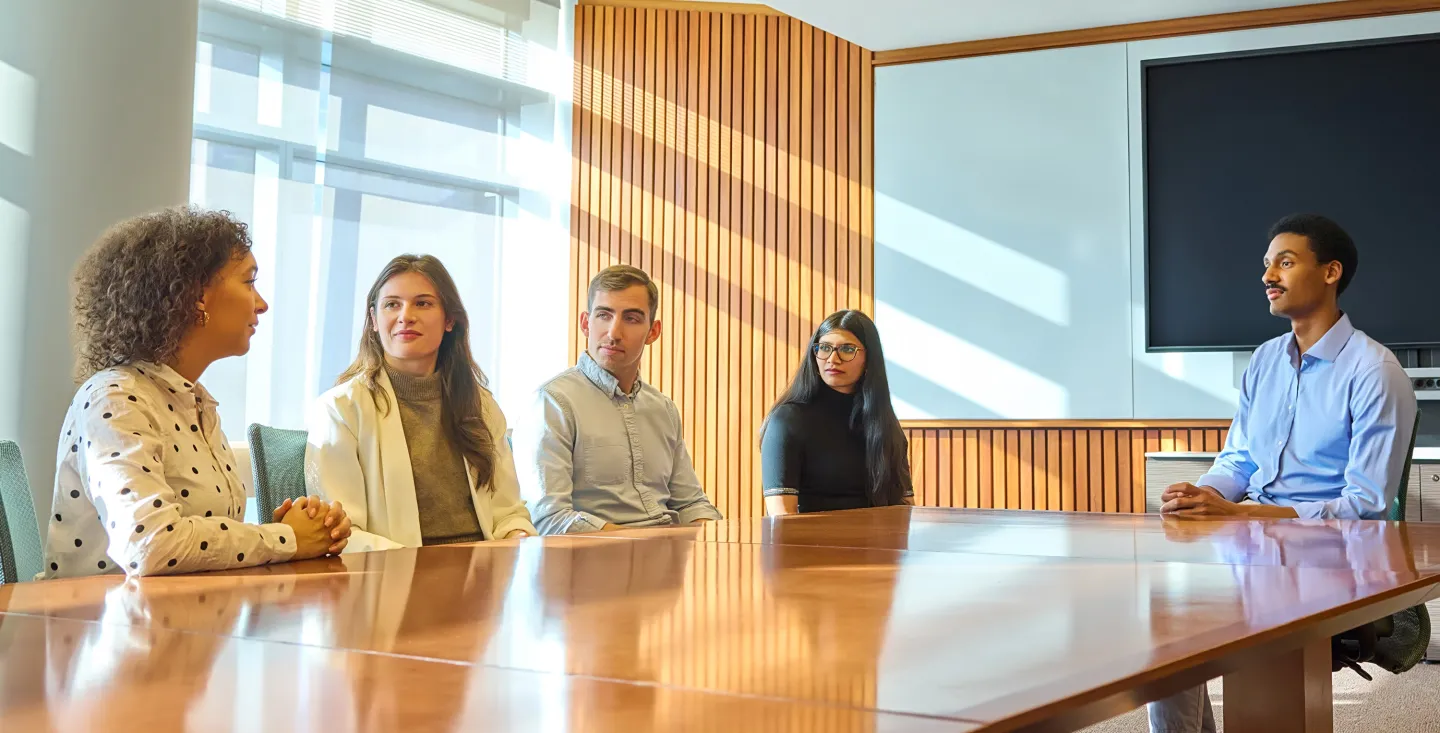FAQs
There is definitely a culture in the Northeast, as well as New York City and the Bronx! We are a significant healthcare system servicing half of the Bronx. We do not turn patients away. Our facilities are high demand and fast-paced. We work hard but also have fun. We are pluralistic and collaborative. The Division of Psychology is very supportive.
The Bronx is considered one of the most diverse areas in the nation! In 2019, an estimated 1,418,207 people were living in the Bronx, of which 3.7% of the population identified as Asian, 29.0% as Black, 56.4% as Hispanic and 8.8% as white. In addition, over 31% of the population was born in another country, over 55% speak a language other than English at home (over 45% speak Spanish), and only about 44.3% speak English at home. Also of importance is that nearly 30% of the population is under age 18, and about 30.7% of the total population residing in the Bronx lives below the federal poverty line.
We continually assess the diversity of our faculty in order to meet the needs of everyone in the communities we serve. We think of diversity in its broadest sense, including race, ethnicity, religion, national origin, age, ableness, sexual orientation, gender, gender identity and gender expression. In addition, our faculty is equally diverse in their theoretical orientations and areas of expertise.
Yes! Almost all of the faculty have time allocated for scholarly activities each week and are involved to varying degrees in research, presenting, publishing, governance, etc. As research is one of the American Psychological Association (APA) profession-wide competencies, residents are allotted up to three hours per week to participate in a scholarly project, with an assigned supervisor/mentor providing one hour of supervision per week.
It depends. During the COVID-19 pandemic, we pivoted to provide almost all outpatient mental health services remotely (although nearly all of our inpatient services remained in-person, with appropriate personal protective equipment—PPE—and social distancing). Most outpatient sites have since adopted a “hybrid” blend of remote and in-person visits, though some have returned to an in-person model full-time.
Yes. Residents will take ownership of the curriculum’s various aspects (lecture, journal club, case conference) each month. They will also lead a monthly mentoring meeting with the psychology interns and contribute to a course, On Becoming a Supervisor.
Yes. However, it depends on the particular specialization. In addition, the residents will lead a monthly mentoring group with our nine psychology interns.
Yes. We are frequently approached—directly or through our Office of Community Relations—to provide lectures, workshops, educational programs and other proactive outreach to groups working with our underserved population. Residents are expected to participate in these outreach efforts several times throughout the year to develop their skills and comfort level in leading such programs.
We welcome applications from all eligible candidates (see the “How to Apply” section).
In our inaugural year (2022-23) of the Montefiore Einstein Postdoctoral Residency Program in Health Service Psychology, we received roughly 36 applications: six for our Ambulatory Consults Urgent Treatment & Evaluations (ACUTE)/consultation-liaison(CL) psychiatry specialization, five for our addiction specialization, six for our Eating Disorders Program at Montefiore Einstein (EDPM)/adolescent dialectical behavior therapy (DBT-A) specialization, eight for our psychosomatic medicine specialization, and 11 for our Trauma Healing and Resilience in Vulnerable Environments (THRIVE) specialization.
No. Based on APA and Association of Psychology Postdoctoral and Internship Centers (APPIC) recommendations, we will conduct all of our interviews over Zoom or Teams. In the interest of fairness and equity, we cannot accommodate requests for on-site visits or tours. However, we created a virtual tour of the internship to give candidates a sense of the department, hospital and surrounding community.
While we have only had one class of fellows thus far, we are pleased to report that we managed to retain all four fellows from our inaugural class! We know this may not happen every year, as we won’t always have attending psychologist positions available and some graduates will want to move on. If that’s the case, we expect our candidates to be highly competitive in the job market and have a full range of career options. Click here for a list of our program graduates and the postdoctoral positions they have taken.
Yes. Please email Simon A. Rego, PsyD, Director of Psychology Training (srego@montefiore.org), to request contact information for any current trainees and faculty.
Yes. Subsidized housing is offered in apartment buildings owned by Montefiore Einstein. However, please note that the demand typically exceeds the supply, so housing cannot be guaranteed. See here for more information: housing.





